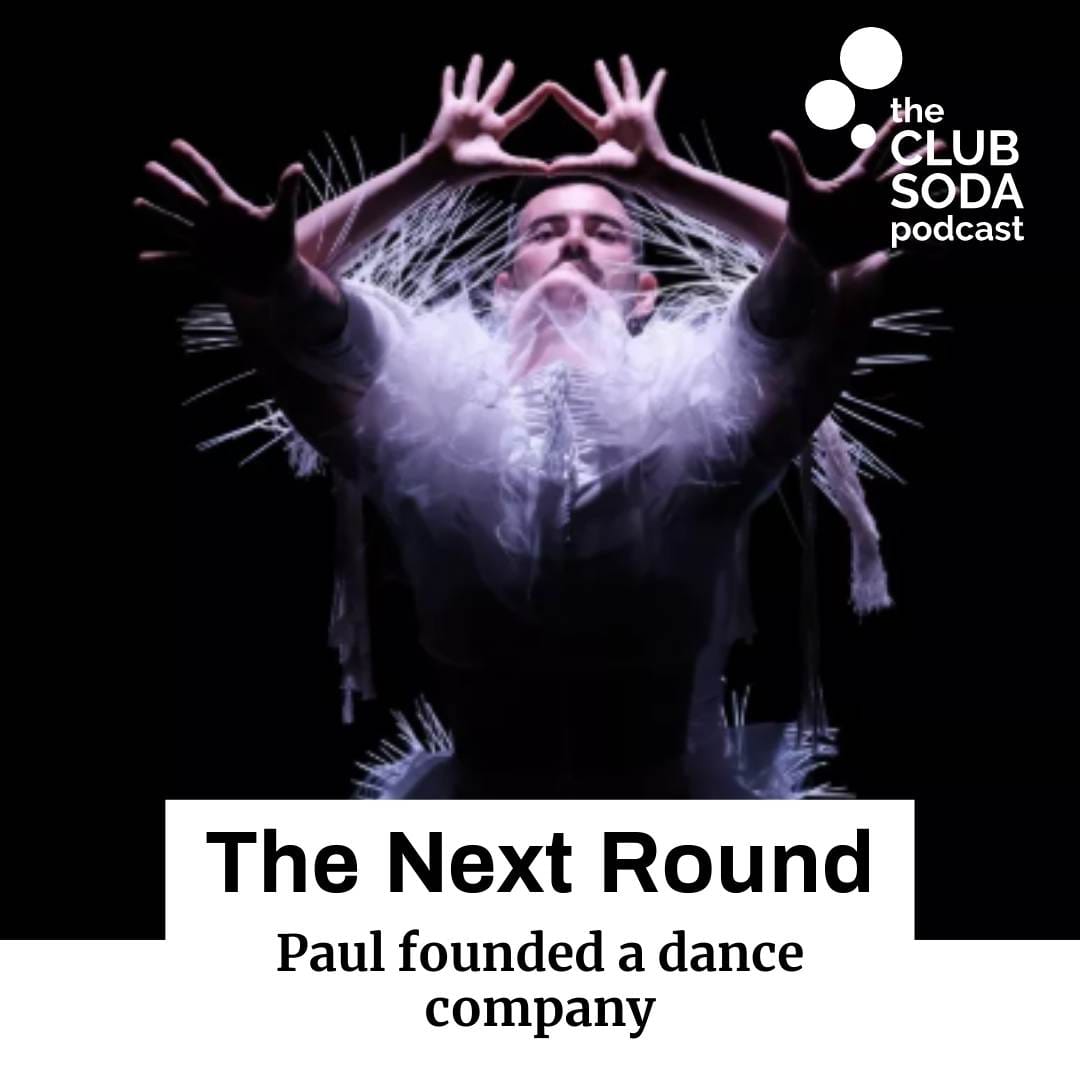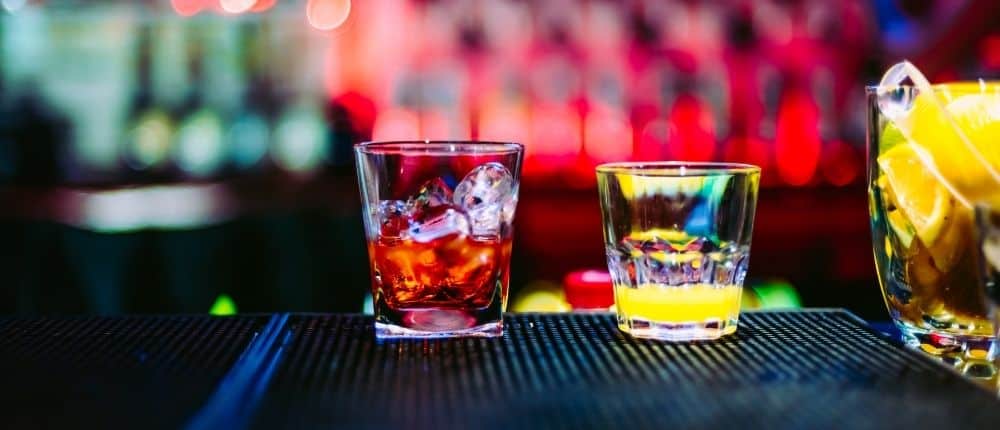
This website uses cookies to improve your experience. We'll assume you're ok with this, but you can opt-out if you wish. Read More
The Next Round: What happens after you change your drinking?

Trigger warning: sexual assault, rape, and drink spiking.
What is the relationship between alcohol and consent? Does drinking place us at fault if something bad happens to us? And how can we know if someone we are with is giving consent if they’re under the influence of alcohol? In recent years, the discourse around consent has shifted, especially as the #MeToo movement shone a light on just how prevalent sexual assault and harassment are. A better understanding of what consent is, and the appropriate ways to gain consent, is absolutely essential to reducing incidents of sexual harassment and assault.
The Oxford English Dictionary defines consent as follows:
“Voluntary agreement to or acquiescence in what another proposes or desires; compliance, concurrence, permission.”
This is a very simple definition of the word. But the understanding of consent in sexual relationships has undergone some much-needed expansion in recent years. Now, we talk about enthusiastic consent. This means that all those involved are giving an enthusiastic ‘yes’ to the activities, rather than basing the understanding of others’ wants and needs on the lack of the word ‘no’. We need to understand that consent is not a game, it is not something to be won. It is something to be earned through shared trust and making one another feel safe.
Consent is about communicating clearly with each other. Be mindful to offer your consent as well as to seek it from others. If you are enjoying something, express that clearly. But most importantly, remember that silence is not enough. Consent should be vocal. Do not assume that silence means yes, remember to look for enthusiastic consent.
Consent needs to be a continuous dialogue. Someone may consent to have sex but change their mind partway through the act. That is their prerogative. Just because someone wanted to do something with you last week, does not mean they may wish to do it again this week. This is why it’s so important to talk to one another when we are engaging in physical relationships. Ask questions, make sure that whoever you are involved with is enjoying what is happening, find out what feels good for them. If you’re not sure how to ask for consent, check out this list of ways to talk about consent that won’t ruin the mood when you’re in the moment.
Coercion means repeatedly asking someone to do something until they feel pressured to say yes. You should never talk someone into sexual activity. This includes guilt-tripping your partner into sex, or repeatedly trying to instigate something where someone has made it clear they are not interested.
Alcohol plays such a huge role in the way that we socialise that we don’t always think of it as a drug, but it is the most common form of date rape drug. Have you ever ordered a single spirit and mixer, only to find that your friends ordered a double without your knowledge? Or had someone drop a shot in your orange juice without telling you? This is spiking.
‘Spiking a drink – whether with an extra shot of alcohol or another substance – is a serious crime. Anyone that does it could face serious criminal charges, and it can have very dangerous consequences for the health of the person whose drink is spiked.
Spiking a drink with the intention of making someone more vulnerable to assault, rape or robbery is an even more serious offence. Having sex with someone without their consent is always a crime – no matter what the circumstances are. Assault, rape and robbery all carry additional sentences.’
Drink Aware
It’s essential that we treat the way we drink together with the same consent we’ve outlined above with regard to sexual relationships. You should never coerce someone into drinking when they don’t want to. You should never force a drink on someone who has not explicitly consented to drink it. If a person is unwittingly drinking more than they had intended to, this can make them vulnerable to a number of risks, including assault and rape. Ultimately, if you have used alcohol to gain a ‘yes’ from someone who may not otherwise have given it, this is not consent.
It is important to know that if you are assaulted or raped, it is never your fault, even if you have been drinking.
You deserve to feel valued, not only by those around you but by yourself. Sometimes, our relationship with alcohol can see us being careless with our wellbeing, whether that’s the way we are treating our physical body or the way we interact with others. If you feel that the way you are drinking is resulting in you engaging in sexual encounters that you have consented to, but that you regret afterward, it may be worth taking some time to reflect on your drinking habits. You deserve to feel attractive, desired, and fulfilled in your pursuit of pleasure. Take some time to consider what you want your sexual relationships to look like, and how alcohol plays into this.
If you need some help with changing your drinking behaviour, Club Soda is here to support you. We have a number of courses to help you cut down or stop drinking.
There are a number of settings where it is expected that we will drink with no concern for the consequences, and university is one of these. There is a common misconception that problematic drinking isn’t an issue for young people, but actually, a lot of troubling drinking habits can take hold at university. For most students, this is their first time away from home with complete control over decision making, and no house rules to adhere to. It can certainly be a hedonistic time, and there is often a lack of warning around the potential dangers of alcohol. There is a lot of pressure to drink, and most student activities seem to centre around drinking.
If you are a student who doesn’t drink, or who doesn’t enjoy drinking to excess, you may feel that socialising presents a different set of challenges. Check out the societies at your university and see if you can find any that centre around activities that don’t lean on drinking. Your university may even have a society for sober students. Check out our recent podcast about the rise is sober students and how they navigate the challenges of boozy university culture.
This website uses cookies to improve your experience. We'll assume you're ok with this, but you can opt-out if you wish. Read More
| Name | Domain | Purpose | Expiry | Type |
|---|---|---|---|---|
| wpl_user_preference | joinclubsoda.com | WP GDPR Cookie Consent Preferences. | 1 year | HTTP |
| PHPSESSID | www.tickettailor.com | PHP generic session cookie. | 55 years | HTTP |
| AWSALB | www.tickettailor.com | Amazon Web Services Load Balancer cookie. | 7 days | HTTP |
| YSC | youtube.com | YouTube session cookie. | 55 years | HTTP |
| Name | Domain | Purpose | Expiry | Type |
|---|---|---|---|---|
| VISITOR_INFO1_LIVE | youtube.com | YouTube cookie. | 6 months | HTTP |
| Name | Domain | Purpose | Expiry | Type |
|---|---|---|---|---|
| _ga | joinclubsoda.com | Google Universal Analytics long-time unique user tracking identifier. | 2 years | HTTP |
| sbjs_migrations | joinclubsoda.com | Sourcebuster tracking cookie | 55 years | HTTP |
| sbjs_current_add | joinclubsoda.com | Sourcebuster tracking cookie | 55 years | HTTP |
| sbjs_first_add | joinclubsoda.com | Sourcebuster tracking cookie | 55 years | HTTP |
| sbjs_current | joinclubsoda.com | Sourcebuster tracking cookie | 55 years | HTTP |
| sbjs_first | joinclubsoda.com | Sourcebuster tracking cookie | 55 years | HTTP |
| sbjs_udata | joinclubsoda.com | Sourcebuster tracking cookie | 55 years | HTTP |
| sbjs_session | joinclubsoda.com | SourceBuster Tracking session | Session | HTTP |
| Name | Domain | Purpose | Expiry | Type |
|---|---|---|---|---|
| mailchimp_landing_site | joinclubsoda.com | Mailchimp functional cookie | 28 days | HTTP |
| __cf_bm | tickettailor.com | Generic CloudFlare functional cookie. | Session | HTTP |
| NID | google.com | Google unique id for preferences. | 6 months | HTTP |
| Name | Domain | Purpose | Expiry | Type |
|---|---|---|---|---|
| _ga_10XZMT03ZM | joinclubsoda.com | --- | 2 years | --- |
| AWSALBCORS | www.tickettailor.com | --- | 7 days | --- |
| cf_clearance | tickettailor.com | --- | 1 year | --- |
| VISITOR_PRIVACY_METADATA | youtube.com | --- | 6 months | --- |
Join Club Soda for 10% off your first order of drinks for UK delivery. Plus get our latest news and special offers for members to choose better drinks, change your drinking and connect with others.
If you get an error message with this form, you can also sign up at eepurl.com/dl5hPn